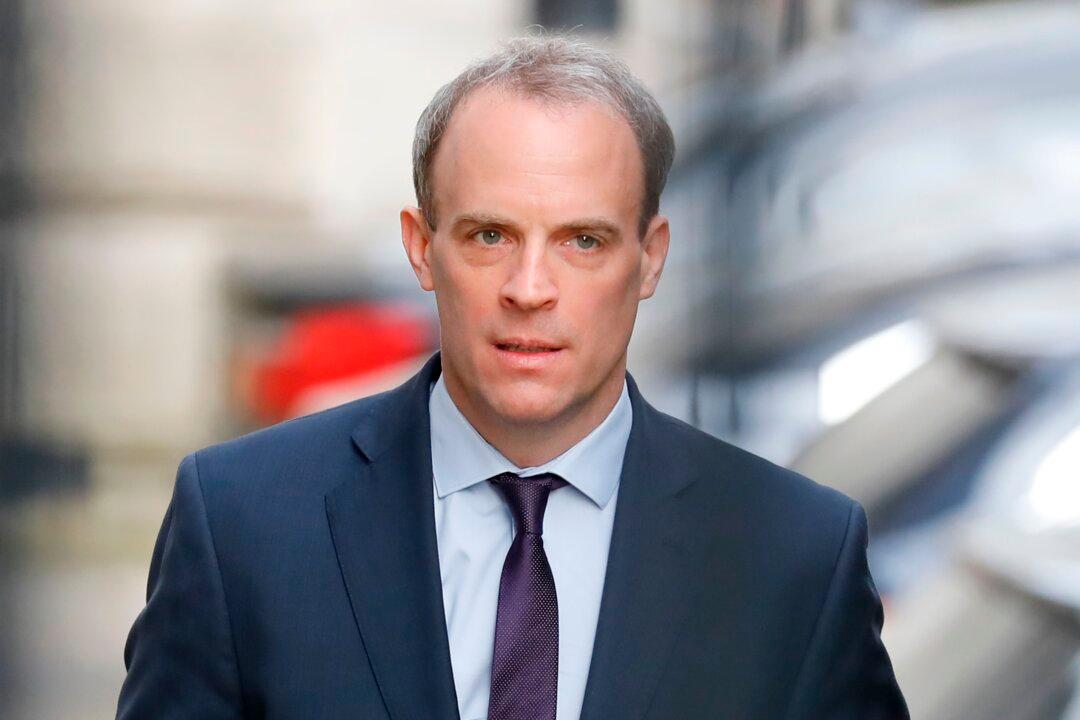British Foreign Secretary Dominic Raab said on Sunday that the violence in Afghanistan must end as the Taliban terrorist group entered Kabul, prompting a transfer of power in the country.
Afghan President Ashraf Ghani relinquished power on Sunday as the Taliban entered Kabul, according to Interior Minister Abdul Sattar Mirzakwal, who confirmed there would be a transfer of power. Ghani reportedly left the country on Sunday.





